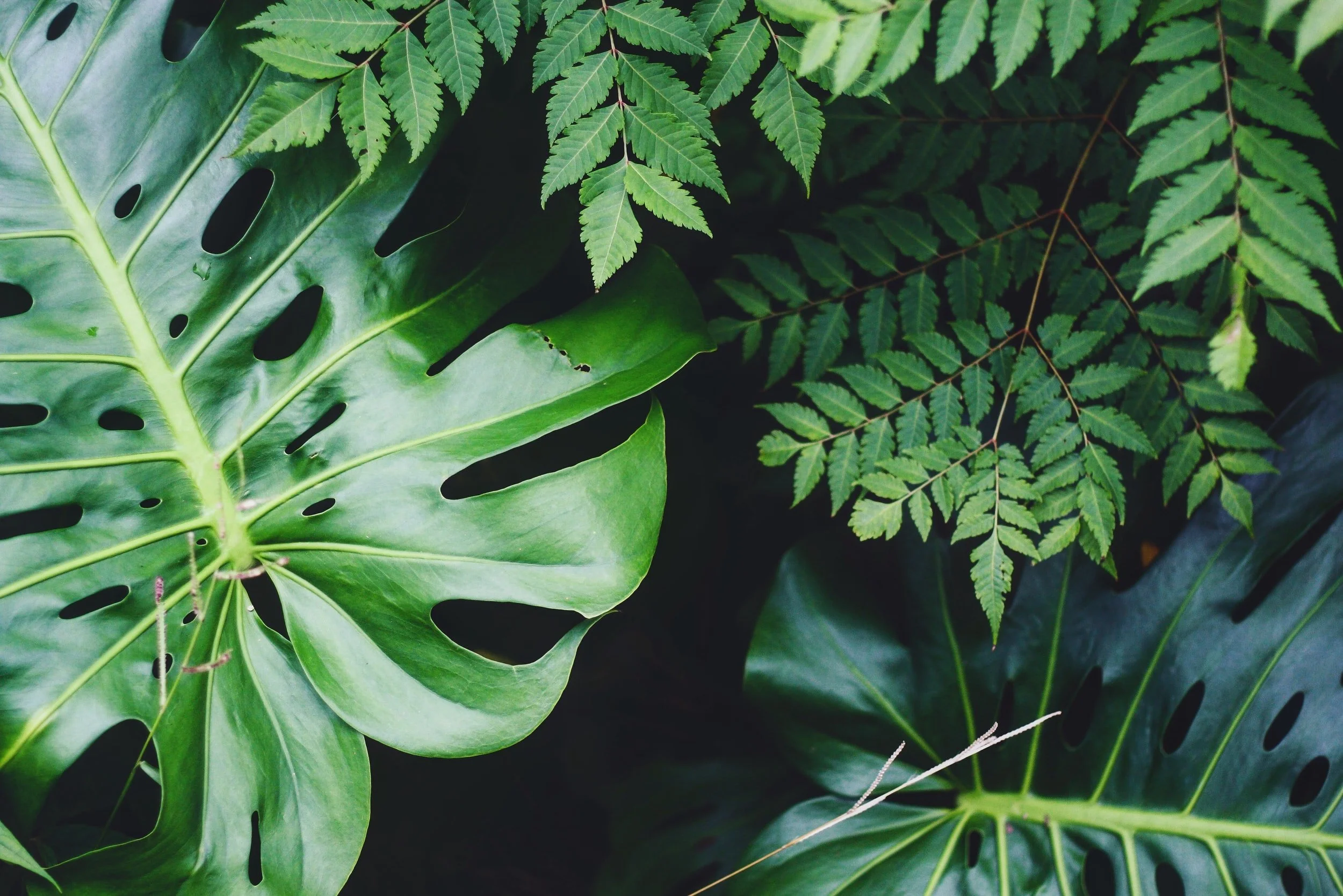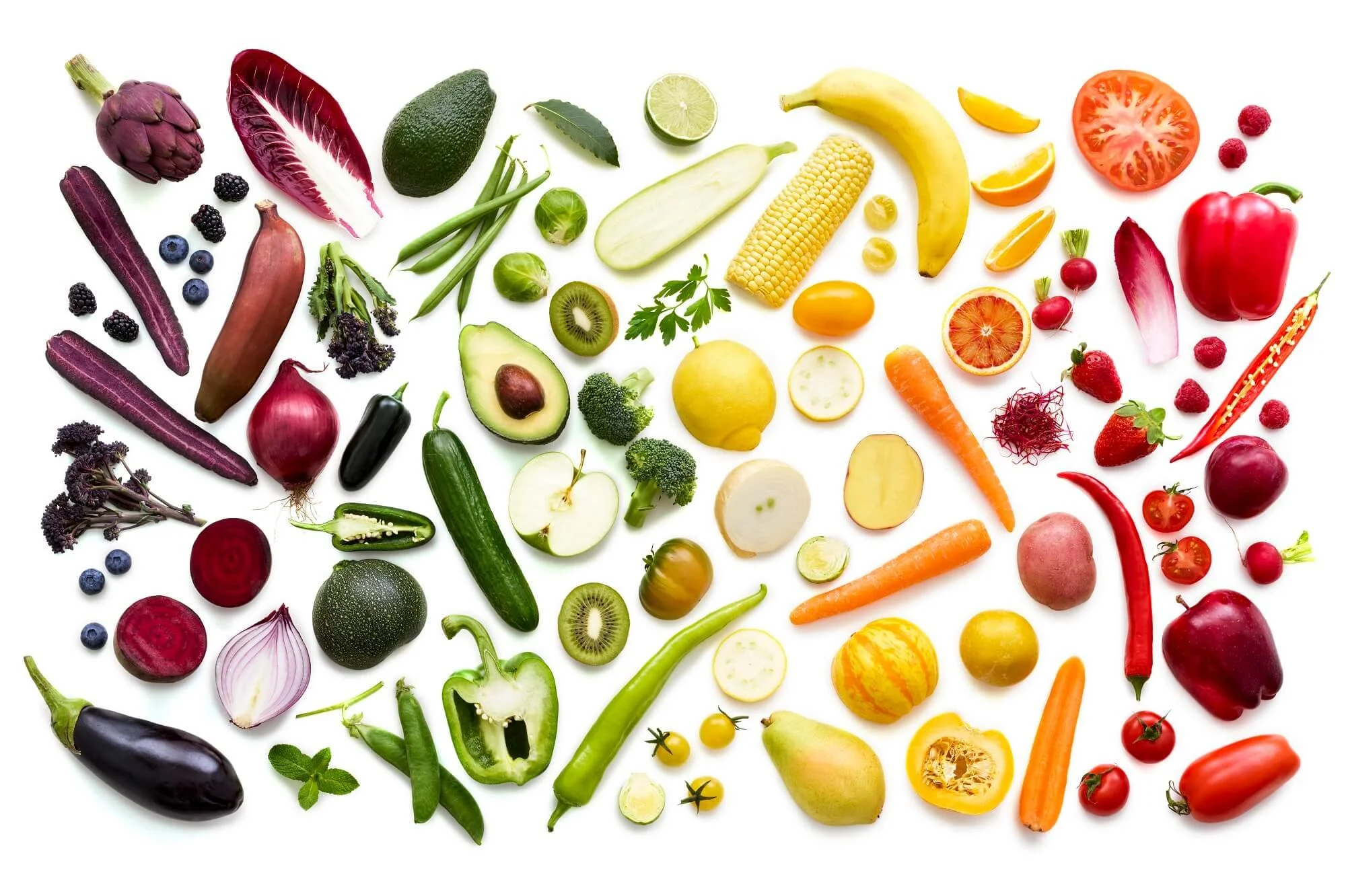Phytochemicals & The Gut
4 min read
What are phytochemicals?
Phytochemical is a general term for chemicals that are naturally found in plants. They are organised into many different major and sub groups – the terminology here can get a bit confusing but bear with me. Many of these phytochemicals carry out key roles for their plants. For example, the phytochemicals anthocyanins (a subgroup of polyphenols) give flowers, fruits and vegetables their red, purple and blue colours. These pigments are crucial for plant reproduction because they attract pollinators and seed dispersers.
“Phytochemical is a general term for chemicals that are naturally found in plants.”
Gut health benefits of phytochemicals
That's great for the plants, but why do we care? Well, there is a connection between eating foods containing phytochemicals and the gut, as well as general, health benefits. An imbalance in the gut microbiota (i.e. our microbial communities) can cause intestinal disorders such as: Inflammatory Bowel Disease (IBD) (Crohn's disease and ulcerative colitis), IBS, and coeliac disease. Imbalances can also lead to extra-intestinal disorders like allergy, asthma, metabolic syndrome, cardiovascular disease and obesity. Essentially, your gut microbes can play an incredibly important role in reducing the risk of chronic diseases.
Research has shown that consuming phytochemicals can help regulate gut microbiota. So, by keeping your gut microbial communities balanced, they have the potential to prevent and treat chronic diseases and offer other health benefits too. For example, flavonoids (found in blueberries and cranberries) have been shown to support the immune system and metabolism as well as having prebiotic and antibacterial effects. Research also indicates that some phytochemicals, such as carotenoids found in carrots and spinach, may reduce stomach inflammation and are antioxidants that fight free radicals.
“Phytochemicals … have the potential to prevent and treat chronic diseases and offer other health benefits too.”
What should I take away from this?
All in all, there is strong suggestion that eating a well-balanced diet rich in phytochemicals could improve our gut health, offering a wide variety of health benefits. However, more research is needed to fully understand and confirm these health benefits. Although, what are you going to lose from eating plants? We already know that plants are great for your gut and health more generally. Phytochemicals are just the cherry on top!
So, after reading this blog I hope you have got the message – eat your plants. The main thing to do is eat a plant diverse diet filled with fruits, vegetables, whole grains, legumes, nuts and seeds – basically, try to make your plate look like a rainbow.
However, eating phytochemicals alone is unlikely to solve all your gut issues. It is important to lead gut-friendly lifestyle too, which may involve eating well, sleeping well and managing stress to name a few. Finding out who to talk to about gut health issues can be confusing, if you would like qualified advice regarding your gut health feel free to use our services at the Gut Feeling clinic.



